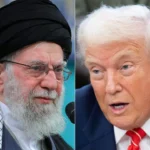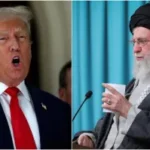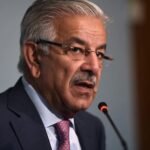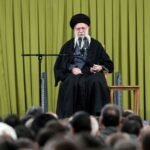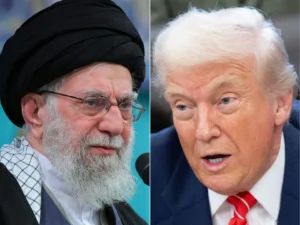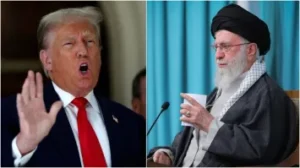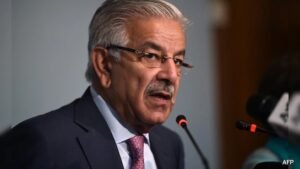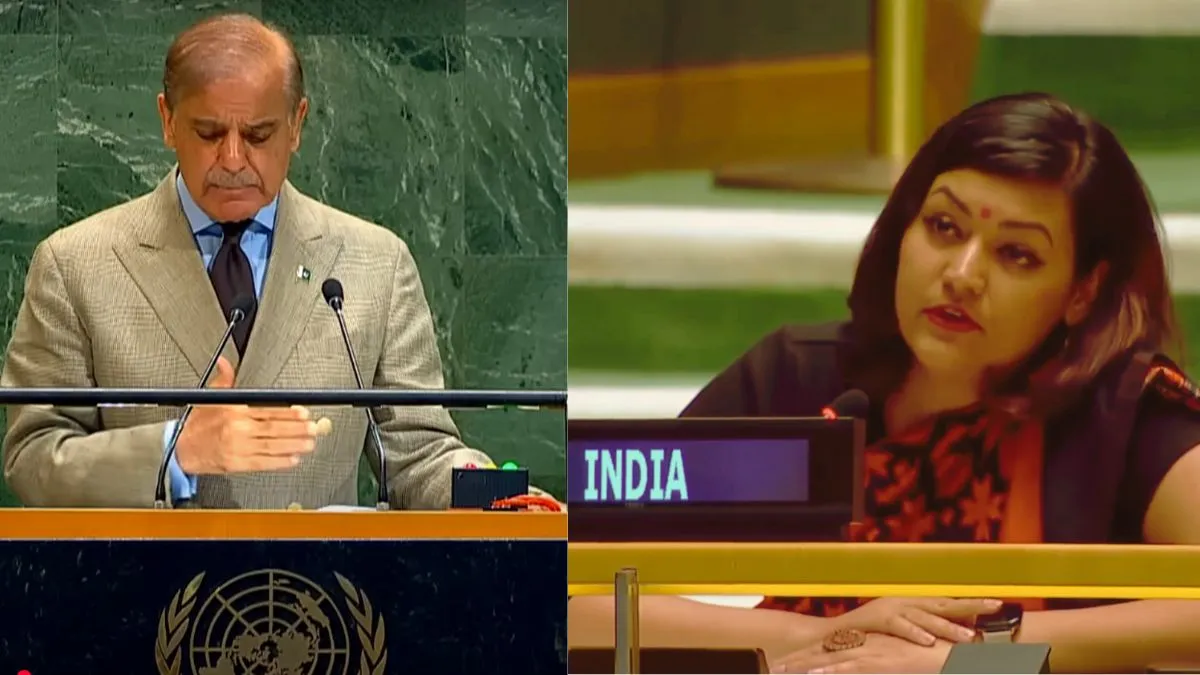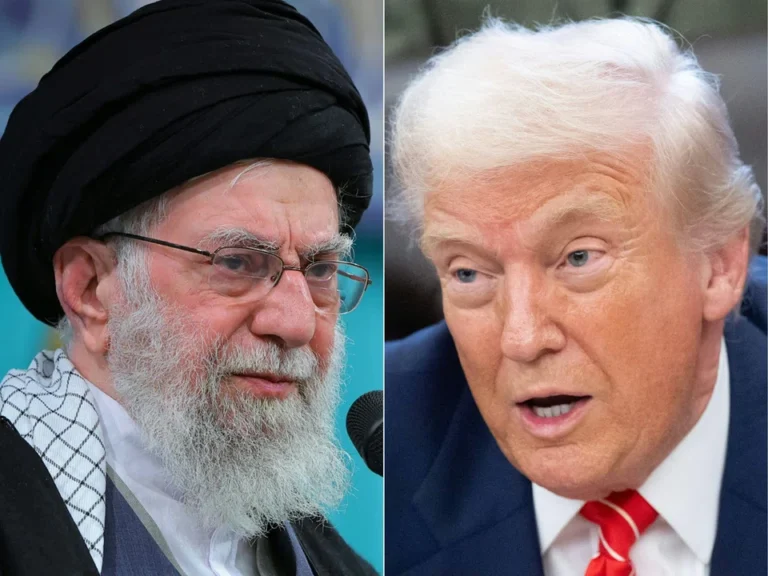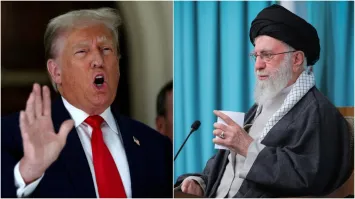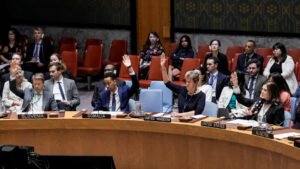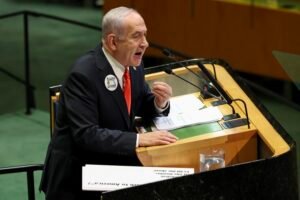India rebukes Pakistan PM’s “absurd theatrics” at UN, accuses Sharif of glorifying terror
In a fiery round of diplomatic exchanges at the United Nations General Assembly, India sharply criticized Pakistani Prime Minister Shehbaz Sharif’s address, calling his remarks “absurd theatrics” and accusing him of glorifying terrorism. The Indian response came during India’s right of reply, delivered by diplomat Petal Gahlot, who accused Pakistan of making terror the cornerstone of its foreign policy.
During his UN speech, Sharif alleged that Pakistan faced “unprovoked aggression” from India earlier this year, referencing Operation Sindoor. He claimed Pakistani forces had countered the attack with “stunning professionalism, bravery and acumen.” But India pushed back, asserting that the rhetoric distorted reality and whitewashed Pakistan’s role in sponsoring militancy. Gahlot pointedly accused Pakistan of protecting the terror group known as “The Resistance Front,” which India ties it to the Pahalgam attack in April 2025. She further invoked the decades-long controversy of Pakistan harboring al-Qaeda leader Osama bin Laden, stating that no amount of dramatic language or false claims could mask those facts.
In response to Sharif’s claim of victory, Gahlot quipped: “If destroyed runways and burnt-out hangars look like victory, Pakistan is welcome to enjoy it.” She referred to visual evidence of damage at Pakistani airfields as proof that India’s narrative was grounded in reality. Gahlot also rejected Sharif’s attempt to frame Pakistan’s foreign policy as built on peace, mutual respect, and dialogue. She insisted that if Pakistan truly wished to show sincerity, the path was clear: dismantle terrorist networks and hand over individuals wanted by India.
Sharif also raised the contentious issue of the Indus Waters Treaty, accusing India of violating its terms and threatening that any breach would amount to an act of war. He emphasized that Pakistan would defend “the inseparable right of our 240 million people on these waters.” India, in turn, reaffirmed that all outstanding matters with Pakistan must be addressed bilaterally—with no space for third parties to mediate.
On the question of ceasefire claims, Sharif expressed gratitude to former US President Donald Trump for allegedly facilitating peace after Operation Sindoor, but India strongly denied any US-brokered ceasefire took place. Gahlot reiterated that India draws no line between terrorists and their patrons, warning that nuclear threats or exploitation would never deter New Delhi’s resolve. “There must be zero tolerance for terrorism,” she declare
Local / South Asia perspective & implications
From a South Asian lens, this UN exchange underscores the deep-seated antagonism and narrative warfare that shape India–Pakistan relations—and how international forums like the UN become stages for this conflict. For India, the rebuttal in New York serves two purposes: one, to counter Pakistan’s claims before a global audience; and two, to strengthen its domestic narrative of resilience and moral high ground in dealing with cross-border terrorism.
For Pakistan, projecting strength through rhetorical diversion—highlighting water treaties, claims of aggression, and appeals to global opinion—is a familiar strategy to shift focus from alleged internal failings or militant links. But in doing so at the UN, Sharif exposed himself to sharp international scrutiny, especially given India’s effective counterchallenge.
For India’s diplomatic community and policymakers, the episode is a reminder that battles of perception matter nearly as much as operations on the ground. With global media watching, every statement must be crafted not just for domestic audiences but for international sentiment.
Moreover, in the context of South Asia, this confrontation may have ripple effects. It may stiffen diplomatic postures, influence how third-party countries view the India–Pakistan conflict, and affect negotiation spaces (for Kashmir, water, or regional security). For the region’s smaller states, watching two nuclear-armed neighbors spar at the UN only reinforces the precariousness of South Asia’s peace architecture.
In sum, while Sharif’s drama at the UN may have been intended to sway opinion or project bravado, India’s counterstrike sought to undercut that with firm facts, righteous claims, and a challenge: back your rhetoric with action. The diplomatic battle in New York is far from symbolic—it could shape narratives, alliances, and regional dynamics in the months ahead
